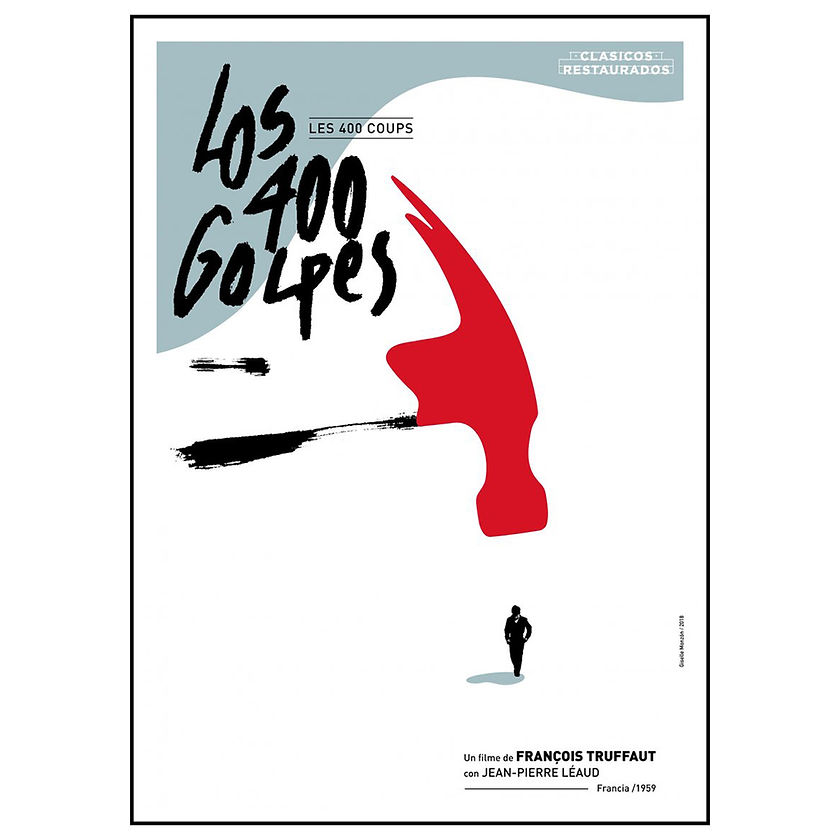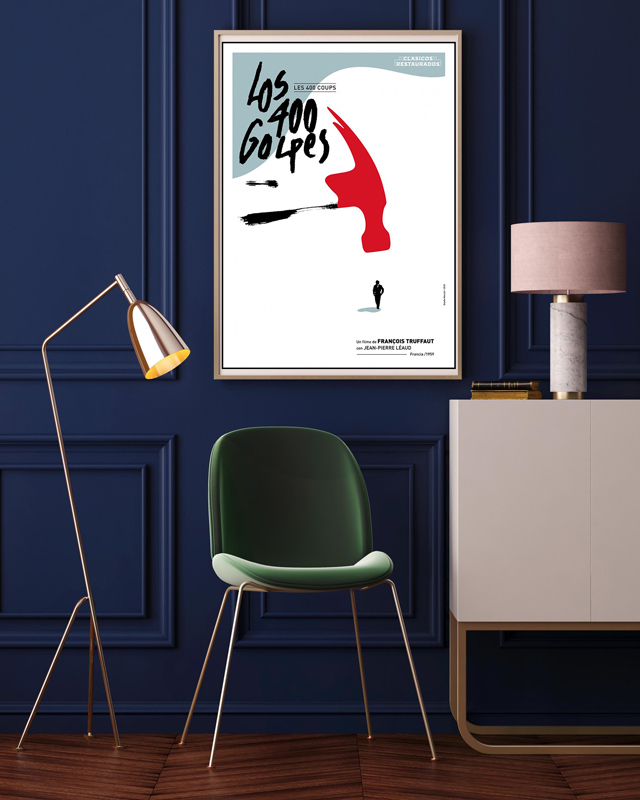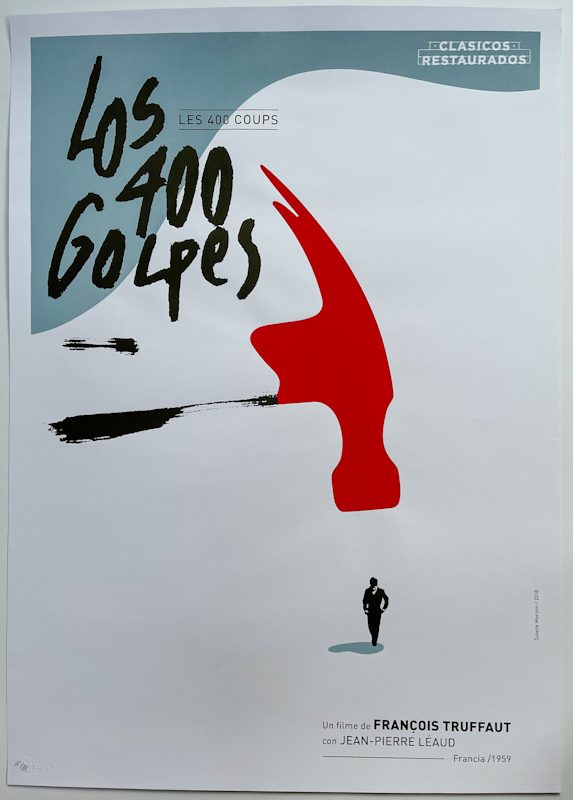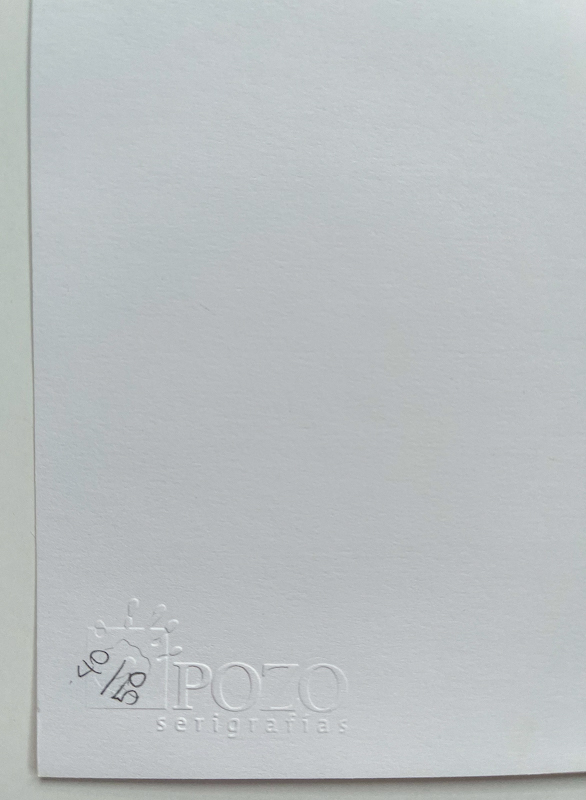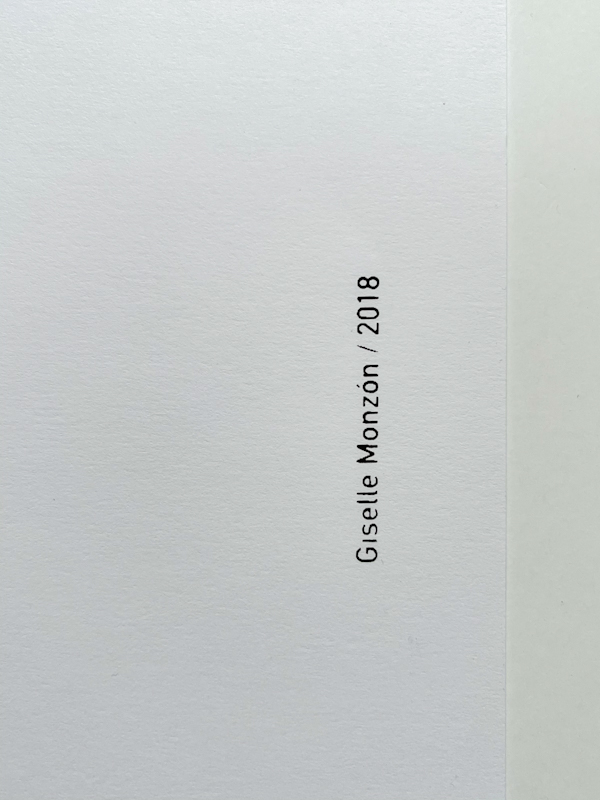This limited-edition Les 400 Coups silkscreen poster by Cuban designer Giselle Monzón pays tribute to François Truffaut’s classic 1959 film.
Les 400 Coups silkscreen poster is a rare collector’s print created by Cuban artist Giselle Monzón. It honors François Truffaut’s influential 1959 film, a cornerstone of the French New Wave (La Nouvelle Vague). Monzón reimagines Truffaut’s emotional gravity through the bold, minimalist visual language of the Cuban ICAIC poster tradition, recognized by UNESCO’s Memory of the World register. as cultural heritage of humanity.
Each 50 × 70 cm print is hand-pulled on 250 gsm archival paper using oil-based inks. Limited to 50 editions (2018), all prints are individually numbered, dry-stamped, and signed, ensuring authenticity and collectibility.
Why this Les 400 Coups silkscreen poster belongs in your collection
This poster belongs to a living tradition inscribed in UNESCO’s Memory of the World Register for its cultural significance. Monzón’s interpretation reflects Cuba’s legacy of political, poetic, and visually arresting film posters.
Who Is It For?
Perfect for cinephiles, collectors, designers, and fans of Truffaut, French auteur cinema, or poster art as cultural memory. A museum-quality print bridging two historic visual cultures.
Explore more works from our Silkscreen poster collection featuring iconic films from Latin America and Europe. Own a piece of cinematic history with this Les 400 Coups silkscreen poster—perfect for collectors and cinephiles.
Currently based in Spain, Giselle Monsoon (b. 1979, Santa Clara, Cuba) is one of the most celebrated figures in contemporary Cuban graphic design. A graduate of Visual Communication Design from the Instituto Superior de Diseño in Havana (2002), she has built a career defined by experimentation, visual ingenuity, and a deep commitment to the cultural poster tradition.
From 2002 to 2008, Monzón taught at the University of Havana’s Faculty of Communication and served as adjunct professor at ISDI. Her teaching and workshops, in Cuba and abroad, have influenced a new generation of designers.
Renowned for her ability to create striking metaphors and adapt her work to Cuba’s unique conditions of reproduction, particularly through traditional silkscreen printing, Monzón considers poster design her most compelling form of artistic expression. Her work, often centered on cultural themes, has been exhibited internationally in Switzerland, France, Spain, Germany, and the United States.
She has collaborated extensively with leading cultural institutions such as the Centro de Desarrollo de las Artes Visuales, Centro Cultural Pablo de la Torriente Brau, the Cuban Institute of Music, the National Council of Fine Arts, and especially the ICAIC (Cuban Institute of Cinematographic Art and Industry). Monzón’s posters have been featured in numerous group exhibitions, including Selfie, Happy Together, ¡Cuba a la vista!, Puros Cubanos, and Seattle Havana Tehran, and selected for international poster biennials in Mexico and Bolivia. Today, she stands among Cuba’s most recognized designers, alongside peers such as Nelson Ponce, Michele Miyares, Raupa, Edel Rodríguez (Mola), and Pepe Menéndez.
Released in 1959, Les 400 Coups (The 400 Blows) is the groundbreaking debut feature by François Truffaut and a landmark of the French New Wave. The film follows 12-year-old Antoine Doinel, a boy misunderstood by his parents and teachers, who drifts into petty crime and ultimately escapes from a reformatory—ending in one of cinema’s most haunting freeze-frames. Semi-autobiographical in nature, Les 400 Coups critiques the rigidity of French institutions and champions the raw, intimate perspective of youth. Acclaimed for its vérité style, poetic realism, and emotional depth, the film earned Truffaut the Best Director award at Cannes and helped redefine postwar cinema.
Watch the trailer for this emotional New Wave French film:


